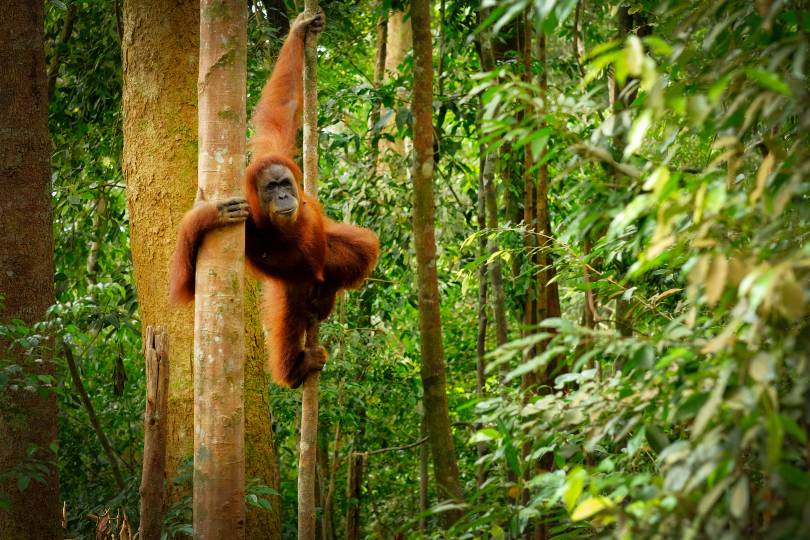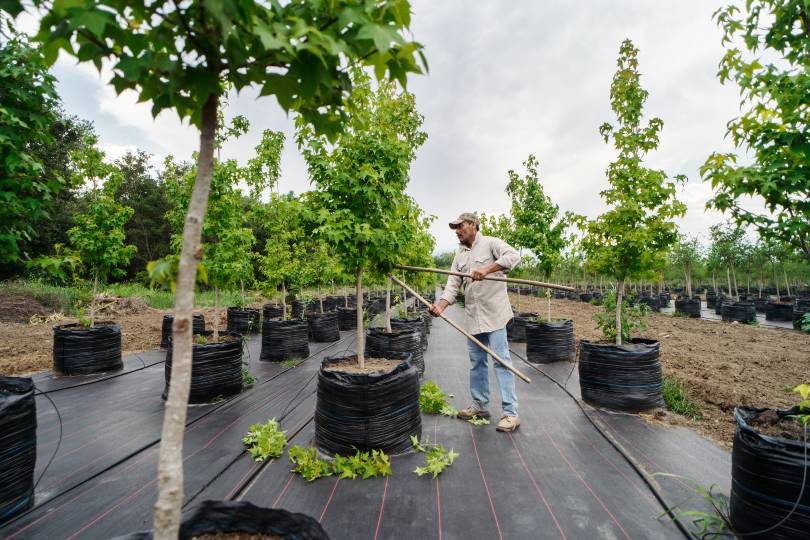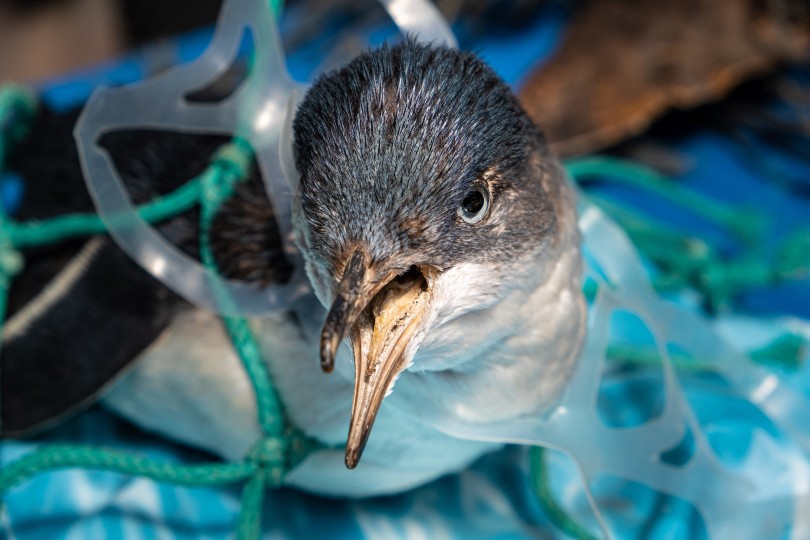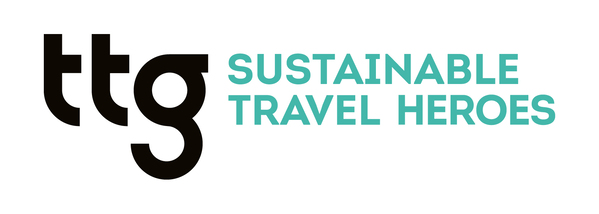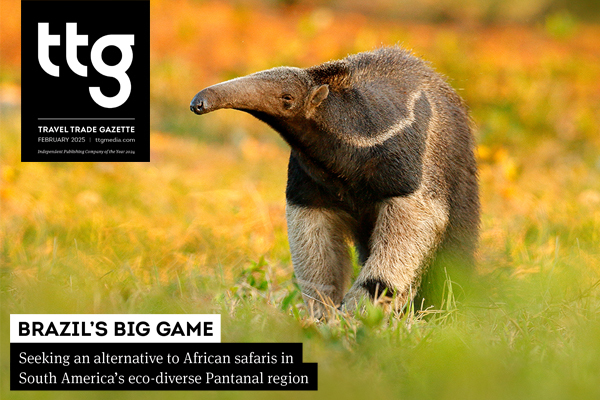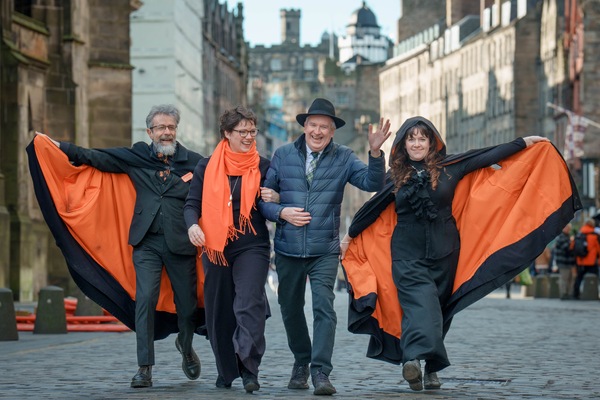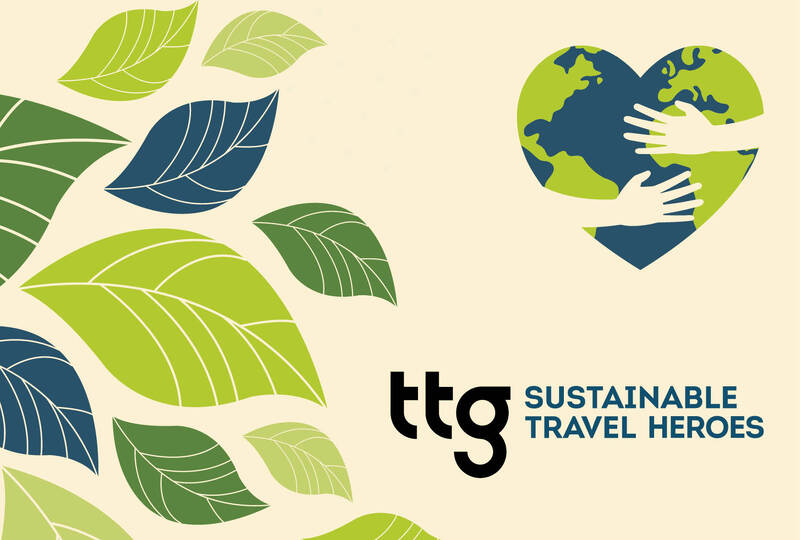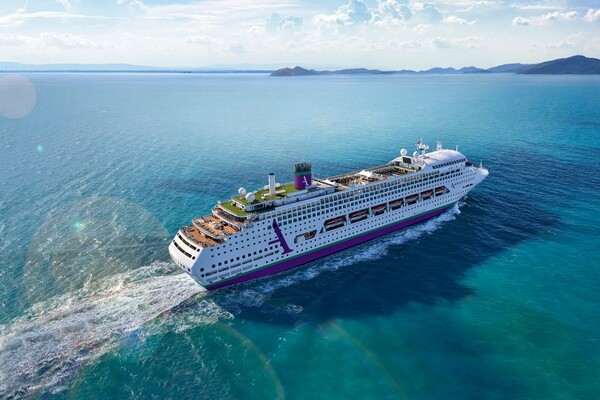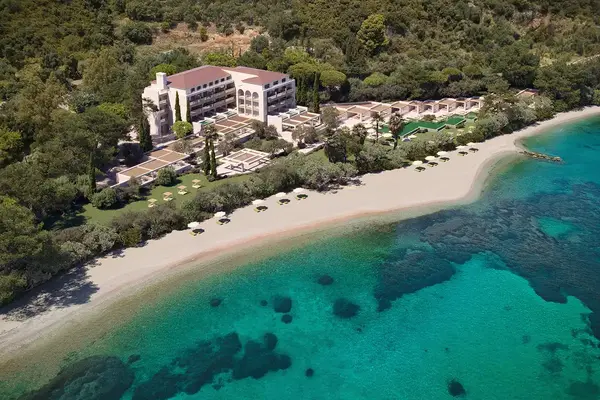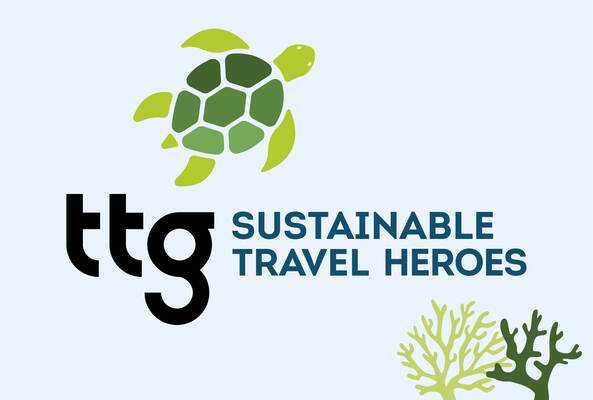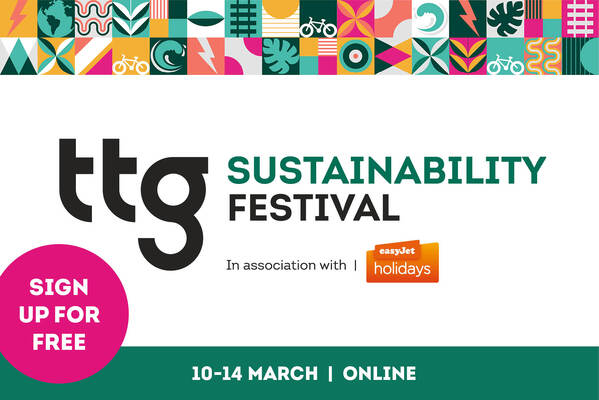Paying it forward with voluntourism
 Sasha Wood
Sasha WoodVoluntourism, when done right, is a force for good. Sasha Wood explores how best to identify these responsible initiatives.
World travel is a privilege many of us value more than ever after a two-year blackout. But now the industry of human happiness is back in business, how can we pay it forward?
From cataloguing humpbacks in Antarctica to supporting vulnerable communities in the Caribbean, there are plenty of simple ways guests can lend a hand on holiday thanks to thoughtful initiatives from top tour operators and travel companies.
While operators are increasingly enriching their itineraries with community tourism experiences such as visiting local co-operatives for cooking lessons, lunch or crafts, volunteer tourism (often called voluntourism) has taken off in the last decade too. Rather than bringing business to local communities, voluntourism aims to offer support through initiatives such as citizen science projects, wildlife conservation, reforestation and enrichment in schools, giving guests the chance to give back and actively engage with both people and nature.
RESPONSIBLE CHOICES
Clients who want to help out on holiday can join tours and initiatives with a philanthropic element, but it’s important to make responsible choices to avoid the pitfalls of volunteering abroad. Steering clients towards operators that have done their due diligence is the best way to make sure guests can have a positive impact. Operators such as Intrepid and Hurtigruten carry out philanthropic work through foundations set up to support charities and distribute funds to chosen projects.
Intrepid’s approach is to use local knowledge and connections in the destinations they operate. “We empower our local teams to find causes that matter most to them and our customers,” says Intrepid’s senior marketing executive Leslie Latchman. “Then we source a local partner focused on solving this issue, do our due diligence and vetting, and let the partner get on with what they do best, rather than being a donor that dictates what needs to be done.”
The tour operator promotes its partnerships online via social media. But it’s a fine balance between supporting local charities and avoiding any unintended negative effects. For that reason, Intrepid prefers to bring paying visitors to local businesses, while encouraging donations to the Intrepid Foundation in lieu of guests volunteering their time.
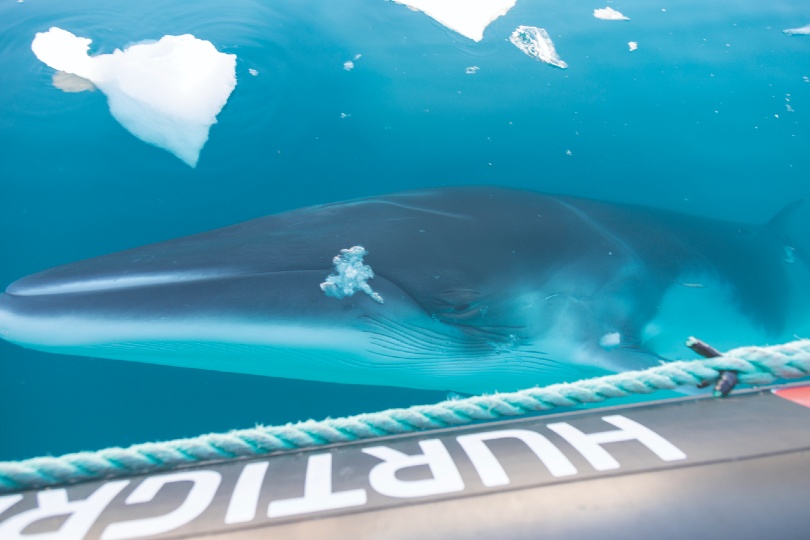
THE PERFECT FIT
That said, voluntourism can have tremendous benefits if done correctly. When choosing projects to support, one common thread is finding partnerships that resonate with the brand. Through its foundation, for instance, cruise line Hurtigruten allocates funds to projects helping preserve endangered wildlife, battling plastic marine pollution and supporting initiatives in the areas it operates.
“We are in a fortunate position to take our guests to some of the most incredible locations in the world,” says Henrik Lund, Hurtigruten Foundation’s managing director. “And even though we are going to some of the most remote places on earth, we and our guests can see the drastic changes happening in front of our very eyes.
“There’s this old saying in the tourism industry – leave only footprints, take only memories. The reality is that this is no longer good enough. We actually have to leave the places in better shape than when we arrived.”
One of Hurtigruten’s key projects engaging guests in voluntourism is investigating humpback whales in Antarctica, which it says was the perfect fit for its expedition voyages, supporting the wildlife its guests come to see. Passengers become citizen scientists documenting numbers and sightings of whales, and assisting scientists onboard small boats collecting environmental DNA samples from the water.
COMMUNITY ROOTS
Iberostar Hotel Group says it is promoting a responsible tourism model that supports the destinations where its hotels are located. Through its Iberostar Foundation, it partners with local educational institutions and not-for-profit organisations to support marine conservation and improvements in local schools.
“To contribute to the development of different vulnerable groups in our area of influence, donations have allowed us to carry out more than 300 activities involving the local communities in Brazil, Mexico, the Dominican Republic and Jamaica last year,” says Iberostar’s business development director, Aishling McLoughlin.
Indeed, established tourism businesses are well placed to identify local deficiencies, and make sure the help is routed where it’s needed most. If clients are looking for a responsible way to spend their holiday, the simplest solution is to book with an ethical hotel or operator that has a vested interest in making the world a better place.
Go to ttgmedia.com/sustainabletravelheroes for more responsible tourism news and features.
DOS AND DON’TS
Abta offers advice for selecting responsible and reliable voluntourism projects
- Do work with projects that add value to destination communities or the environment. Thoroughly research the activities and projects you want to offer to customers and the companies you are looking to work with.
- Don’t offer opportunities to volunteer in orphanages where volunteers working with children with complex needs can inadvertently cause more harm than good.
- Do put safeguards in place to protect the rights of children and other vulnerable people, including background checks on volunteers.
- Do check the operations for animal sanctuaries – genuine sanctuaries should have a no breeding policy and physical contact with animals should be limited to essential management and healthcare.
Full guidance on volunteer tourism is available in the MemberZone at abta.com
Sign up for weekday travel news and analysis straight to your inbox

Sasha Wood
Supplier Directory
Find contacts for 260+ travel suppliers. Type name, company or destination.
